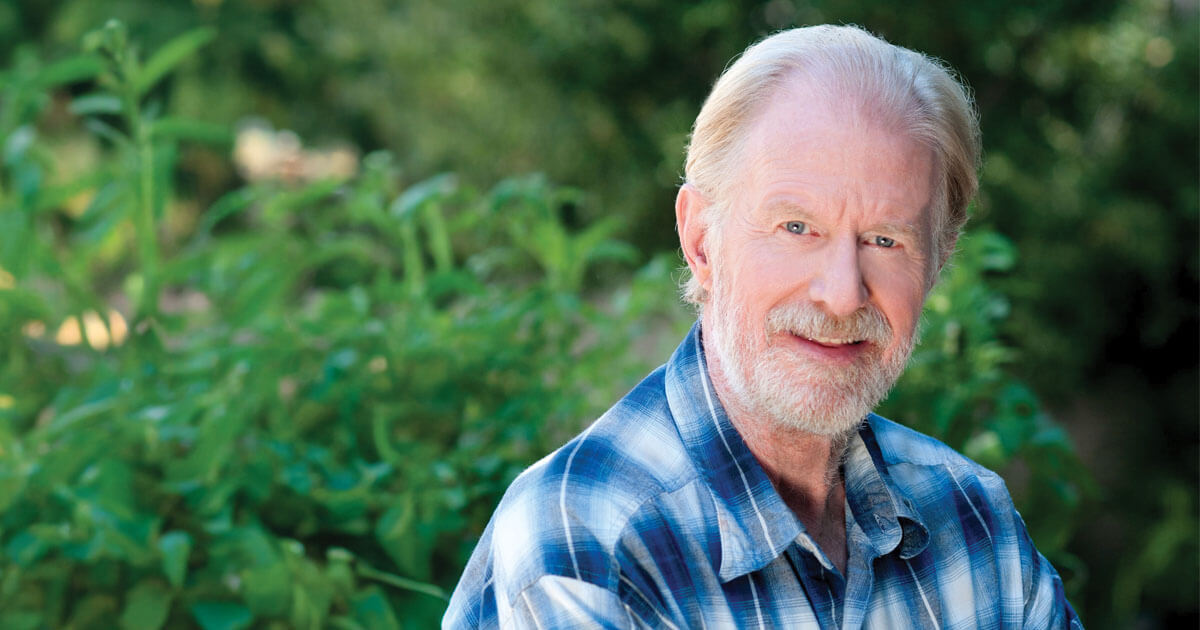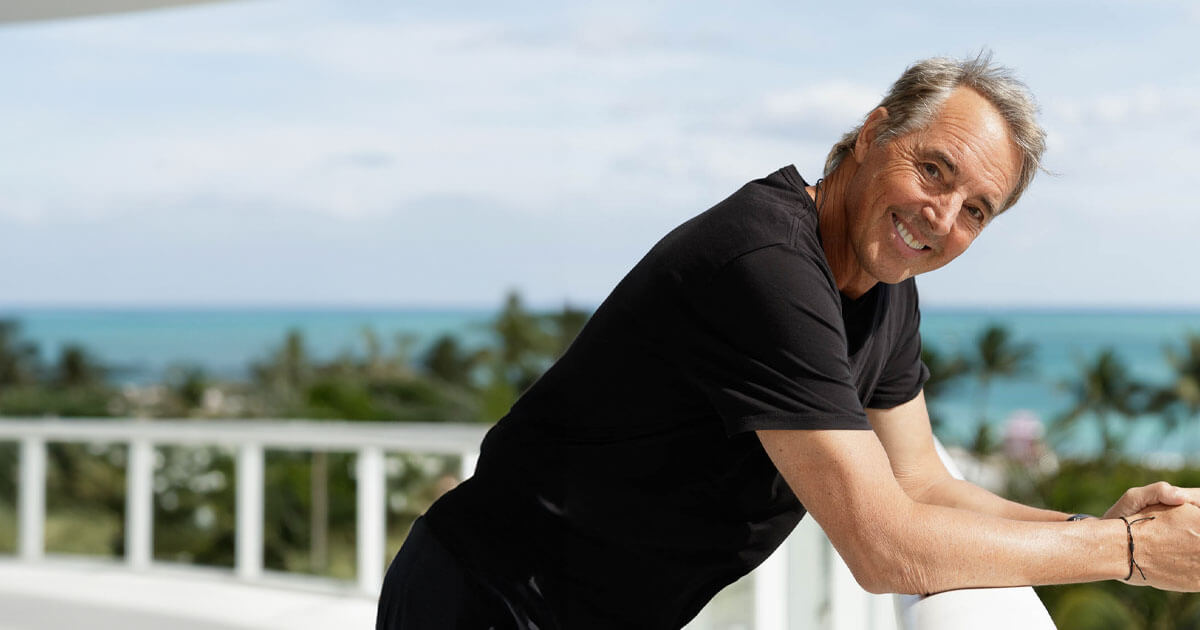All it takes sometimes is a song on the radio or the aroma of a certain Spanish food, and Laurie Hernandez is overcome with memories of Yeya, her beloved paternal grandmother whose real name was Brunilda.
Yeya, who died in November 2016 from complications of stomach cancer, had Alzheimer’s disease. Since her death, Hernandez has become a Celebrity Champion for the Alzheimer’s Association and publicly shared her grandmother’s experience to increase awareness of brain health and raise money for research.
While her grandmother was battling cancer and experiencing the early stages of Alzheimer’s, Hernandez was competing in the 2016 Olympics in Rio de Janeiro, where she won the team gold and a silver medal in balance beam. Later that year, she was crowned the champion on Dancing with the Stars.
The change from seeing Yeya every day to only occasionally was abrupt, and the mix of joy and sadness was difficult. A few weeks after Hernandez told her grandmother she’d made the Olympic team—the first Latina in 30 years to do so—Yeya heard about it on Telemundo and reacted as though it was news to her. As Yeya cycled in and out of the hospital that year, the family took turns checking to make sure she ate properly and wasn’t lonely—and shielded Hernandez from the worst of it. In retrospect, Hernandez says she regrets not knowing more about her grandmother’s situation. “It still breaks my heart,” she says.
When Hernandez was a child, Yeya would help her get ready for school every morning. She’d fix her hair and walk her to the bus. Sometimes she was the one who’d make dinner for Hernandez or take her to see friends. “I grew up with her,” says Hernandez. “Until she got sick, I never lived without her or away from her.” Hernandez recalls Yeya puttering around the house in her housedress, the sound of her slippers announcing her presence. She also remembers how her grandmother always made sure to say hello to others—and how stubborn she could be, a trait Hernandez sees in herself. “I can get a little bullheaded when I’m really passionate about something.”
She had nothing but patience for Yeya, even as she became more forgetful. “It’s easy to get frustrated by answering the same questions over and over,” Hernandez says. “But to the person asking the question, it’s the first time.”
Yeya died, at age 88, the same month as the Dancing with the Stars finals. During a taping of the show a few days later, the audience watched a video of Hernandez with her grandmother, who hugged her and told her how proud she was of her achievements. Hernandez dedicated a dance that season to Yeya. It was a chance to help people see her grandmother as a whole person, she says.
Speaking Up
Raising awareness about Alzheimer’s disease among Latinos is vital, says Hernandez, whose family is from Puerto Rico. Hispanic Americans are 1.5 times more likely than those of other ethnicities to have dementia, and about 13 percent of Hispanic Americans 65 or older have Alzheimer’s or another form of dementia, according to the Alzheimer’s Association.
“A sense of community is deeply embedded in our culture,” says Hernandez, who is now 22 and lives in Brooklyn, NY. “When a family is going through something as difficult as an Alzheimer’s diagnosis, it’s our job to reinforce that sense of community and remind them they are not alone.” Hernandez hopes that talking about the disease and the need to increase funding for research will help promote a better understanding of the causes of dementia and ultimately lead to a cure.
That’s especially important for families, like Hernandez’s, with a history of Alzheimer’s. Yeya’s husband, who died before Hernandez was born, had dementia too. (People who have parents or siblings with Alzheimer’s are at a higher risk for the disease than those who have no family history, but anyone can develop the condition, according to the Alzheimer’s Association.) Type 2 diabetes, which can be a risk factor for dementia, also runs in Hernandez’s family, so she is mindful of both her mental and physical health. She continues to exercise and eat right. And as a drama major in college, she is often memorizing scripts, which she knows is good for her brain. To reduce stress, Hernandez tries not to obsess about her potential risk for dementia. “I don’t have this issue now,” she reminds herself. “Just live. Worry about it later. Enjoy life. Make friends.”
She’s been encouraged by the responses she gets when she shares Yeya’s story. Once, while training at a gym in California, a few other athletes sought her out and told her about their grandparents with Alzheimer’s disease. One of them voiced frustration that they weren’t always told what was happening because their parents wanted to protect them. Hernandez recommends people do the opposite.“Let the family in,” she says. “Kids aren’t blind to the differences in behavior. They know when something is wrong.”
She also urges caregiving family members to take time to grieve and build a support network. Find people who “will listen to you and sit with you when you cry and be there for you,” Hernandez says. When she and her family feel that her father, Anthony, is really feeling Yeya’s absence, “we reach out and connect with him and make sure he knows he’s not alone.”
Hernandez and her family continue to keep Yeya’s memory alive, often sharing stories and videos of her. She believes her grandmother would be proud of her work as an Alzheimer’s advocate. And Hernandez knows she’d be the same old Yeya. “I think with her stubborn self, she’d respond to anyone doubting her memory, ‘I don’t know what you’re talking about. I’m fine,’” Hernandez says, laughing. “Denial was her favorite little friend.”
Read More

